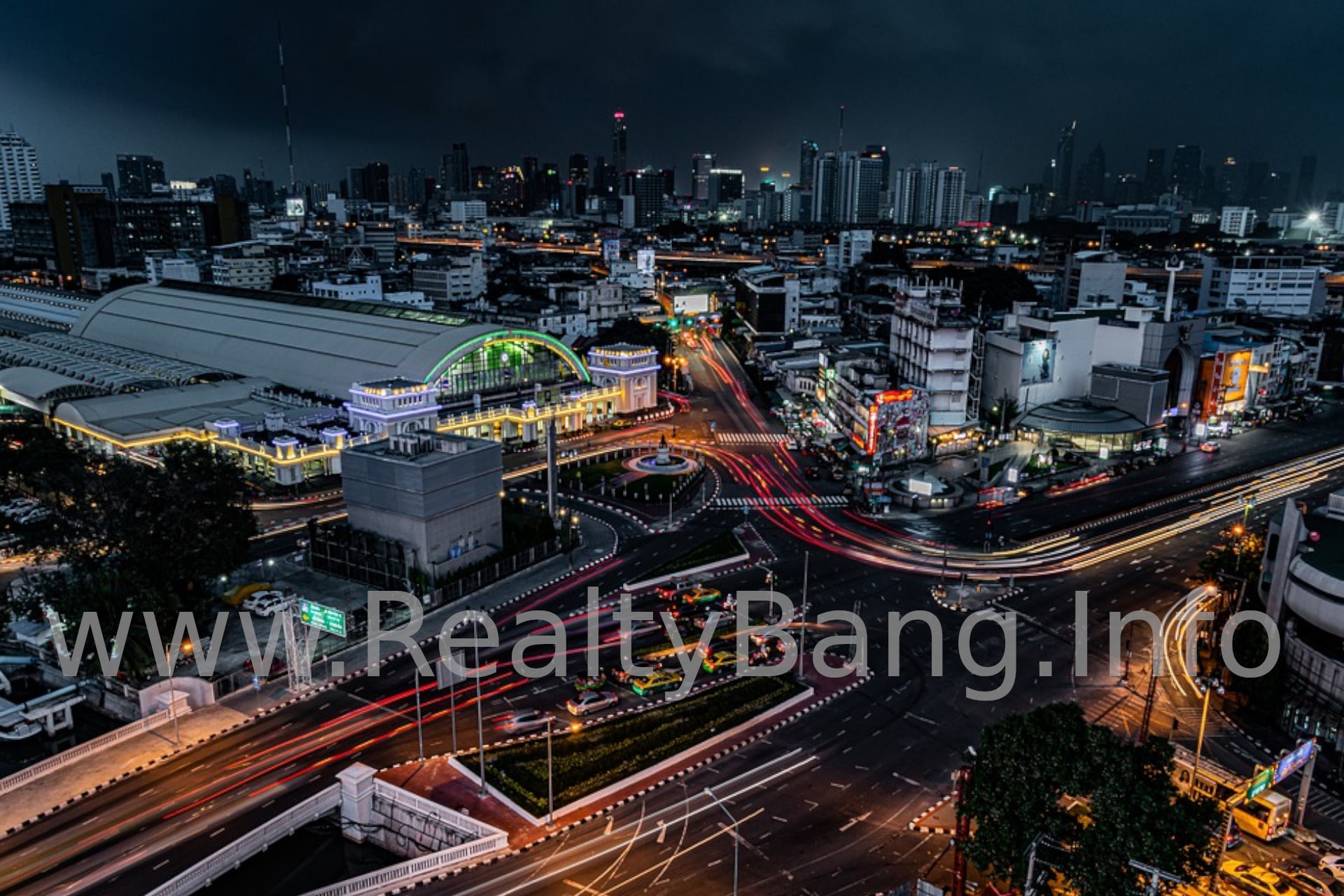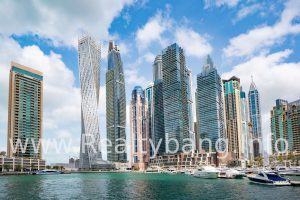Real Estate Purchase Process in Thailand: Foreigners cannot buy land in Thailand, just condo units and apartments. Foreigners do not own more than 40% of the condensing unit. However, a foreigner can buy the entire building, on the ground on which it is built.
A foreign person can have a 30-year renewable lease, under which the buyer registers at the Land Office, the option to renew the lease contract indefinitely for 30 years.
However, there are serious drawbacks. Lease renewals cannot be registered, and are not effective against the buyer of the property. And the lessee cannot sell or transfer without its deficiencies.
An extra option is to set up a private limited company with various Thai and foreign ownership, with international ownership of 49% or fewer. Companies are allowed to keep their land.
State heads of foreign affairs can control the company by exercising legal power from Thai shareholders, appointing representatives to foreign directors, or granting more voting rights to the foreign partner.
It is an effective and time-tested route, usually taken by foreigners. The help of a lawyer is very important.
Buying process
It is very important to hire a real estate attorney when purchasing a property. The reality industry in the country is still unregulated, so a lawyer will only be able to provide more protection than a real estate agent.
Essentially, two important documents are required: a passport and an exchange control form. But if the option to purchase through a company is preferred, the following are the required documents:
- Certified copy of the certificate of incorporation
- Certified copy of the memorandum of association
- Notary certificate
- List of shareholders
- Minutes of meetings of directors with a proposal to purchase property
- Letter of advice regarding specific signature
- Power of Attorney – If you, as a director, will not be present in the transaction
- Free letter of credit
- Foreign co-owner letter
- A certified copy of the ID of the authorized director
- A certified copy of the authorized director’s home registration
- The title deed of the condensing unit
Due diligence must be conducted before signing agreements and paying deposits. It is wise to ask a lawyer to verify the actual condition of a property before conducting a search and engaging in property transactions.
Once the seller receives the offer, his lawyer will make a purchase agreement. This covers, among other things, which party should pay legal fees, transfer fees, and taxes.
An amount of 10% will be paid upon signing. Keep in mind: Escrow deposits are still rare. Also, the deposit is non-refundable as long as it is the seller who is outback. In that case, you have to pay double the amount to make it.
Closing usually takes 30 to 60 days. It involves the exchange of contracts and settlement of balances. When these are completed, the title will be presented to the Land Department for registration and payment of government functions.
Transaction cost
The value of a long trip industry includes all the prices of purchasing and reselling the property – lawyers fees, notary fees, registration fees, taxes, agents’ fees, and more.
Transfer fee
The transfer fee is levied at the rate of 2%.
From 02 November 2019 to 24 December 2020, the transfer fee for assets worth THB3,000,000 (US $ 85,714) has been reduced by 01%.
Real Estate Agent Fee
The real estate agent’s fee is about 3% to 5% of the value of the property. It is usually paid for by the seller.
Tax Deduction
1% of the declared amount or the assessed value of the property, whichever is higher, is withheld.
Stamp duty
Stamp duty is 0.50% of the stated amount or the assessed value of the property, whichever is higher.
Registration fee
The registration fee is around 2% of the stated amount or the assessed value of the property, whichever is greater.
Specific Business Tax
Special (or specific) business tax is levied about 3.30% of the value of the property. It is levied on the sale of immovable properties instead of VAT. Municipal corporation tax is added at 10% of the special business tax.
Buyer beware of buying real estate in Thailand
When buying real estate in Thailand, particularly looking at a new condo unit, it is essential to pay due attention to ensure your investment. Property values in Bangkok have increased over the last 15 years, which has translated into a one-shot hands-off approach from the government.
It has given property developers an open door to build, build, and build. This has led to minimal regulatory oversight of condo construction and hence revealed the terrible quality of the said condo. Even developers who conform to the European standard about their construction are ‘this is wrong’ as a quick tour of the site exposes serious corners.
It is no wonder why condos are a major part of manufacturing issues during the completion of five years. If you do not clarify what questions you can ask the property developer before purchasing a property in the bank, contact a legal agency and they can help you find out how the investment can be ensured.
No tax
With rules, regulations, and restrictions, Thailand may seem like a better place to travel instead of life, but it could not be further from the truth. For example, foreigners owning a condo in Thailand enjoy zero property taxes. That’s right: zero. Land and house taxes do not apply to condo owners.
The owner of the building is responsible for property taxes, but it is important to ensure that the lawyer has an escrow account in your account that is not clear when paying taxes. However, there are other taxes associated with your purchase.
If you sell your condo, for example, expect transfer fees, document fees, and taxes that were offered at the time of your ownership. The Thai government will run condo stimulation programs designed to increase condo sales, so stay connected with real estate news to find out if it can affect your condo sales.




